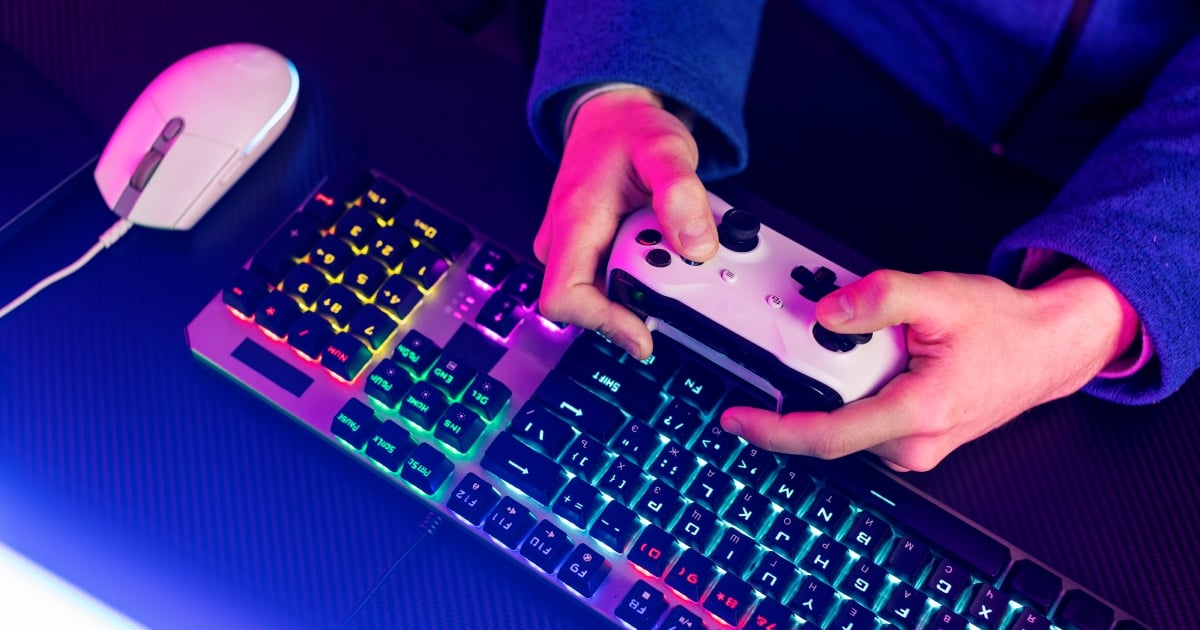VIDEO games, by themselves, are entertaining, educational and engrossing. Players spend hours, if not days, striving to become the best player, shooter or driver.
The aim is to score the highest points, eliminate the most “enemies”, or win the most match-ups.
This perseverance mirrors the time spent on social media, where the goal is to influence followers with original, if not absurd, content and to collect massive “likes” along with flattering praise.
For both players and influencers, the desired effect is immersion in dopamine — the neurotransmitter that regulates mood, motivation, movement and the brain’s reward system. It is euphoric until something disrupts the “experience”, pushing the player or influencer into shock, frustration and fury.
It is a crude but revealing depiction of the 9-year-old boy from Parit Raja, Batu Pahat, who turned slasher after his progress in the addictive online game, Roblox, was accidentally erased by his 6-year-old brother.
That unintentional disruption cost him a million points earned from hours of intense gaming. The Roblox player claimed he experienced “hallucinations” before erupting in uncontrollable anger — so intense that he grabbed a knife and slashed his younger brother’s neck.
Fortunately, the 6-year-old was hospitalised in time and survived the attack. Still, police detained the parents, who may face charges of child neglect.
For the uninitiated, Roblox is dubbed the ultimate virtual universe, featuring millions of games and interactive environments known as “experiences”.
In 2024, Roblox recorded 85 million daily active users, 40 per cent of them under 13. Warnings have been issued about letting children play addictive games like Roblox, and the Parit Raja attack was its terrifying manifestation.
Researchers have found immersive video games deeply troubling, concluding that children are exposed to addiction, traumatising content and inappropriate approaches from strangers — leaving them vulnerable to scams and paedophiles.
The app maker claimed to have “fixed” the game’s problematic elements, but true fixing would hurt its revenue stream, so only superficial changes can be expected.
While a frightened world grapples with billionaire tech moguls imposing their technology, money and will, it is time for governments — at least in Malaysia — to intervene.
Online games may offer parental controls, but these are limited in effectiveness and still pose significant risks. Authorities must act decisively: ban such games for children under 16, in line with proposals to restrict smartphone use among teenagers.
Granted, it will be imperfect and face pushback from the tech industry, but it remains the only real countermeasure against the growing menace of unrestrained online gaming.
© New Straits Times Press (M) Bhd






